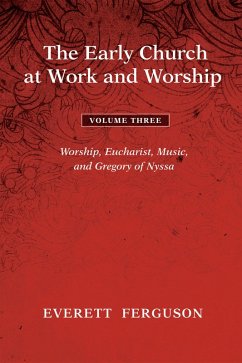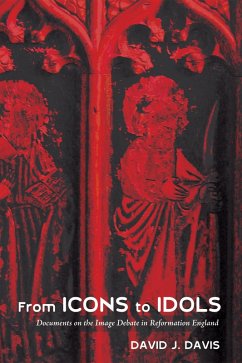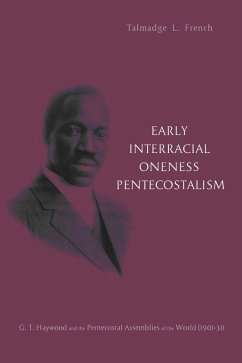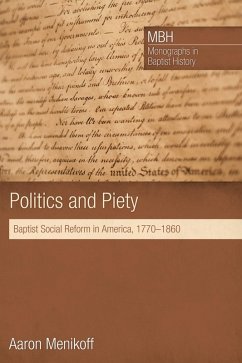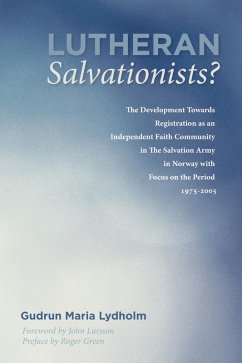
Lutheran Salvationists? (eBook, ePUB)
The Development Towards Registration as an Independent Faith Community in The Salvation Army in Norway with Focus on the Period 1975-2005
Versandkostenfrei!
Sofort per Download lieferbar
18,95 €
inkl. MwSt.
Weitere Ausgaben:

PAYBACK Punkte
9 °P sammeln!
The idea of a state religion is seldom connected to religious freedom and liberal, modern, and democratic states. However, such a situation existed in Norway until 2012, when the Lutheran Church was the state church of Norway. A large majority of the population belonged to the church, even though the percentage in 2013 had fallen to well over seventy-five. The relationship between the church and minority religious movements demanded adaptation and compromises from the minority churches. The Salvation Army's enculturation and accommodation during its 128-year history in Norway illustrates such ...
The idea of a state religion is seldom connected to religious freedom and liberal, modern, and democratic states. However, such a situation existed in Norway until 2012, when the Lutheran Church was the state church of Norway. A large majority of the population belonged to the church, even though the percentage in 2013 had fallen to well over seventy-five. The relationship between the church and minority religious movements demanded adaptation and compromises from the minority churches. The Salvation Army's enculturation and accommodation during its 128-year history in Norway illustrates such a situation. The book examines how The Salvation Army accommodated itself both doctrinally as well as practically to the situation of a dominant state church. The study reveals such a close affiliation of Salvationists to the Norwegian Church as a state institution, that it raises the question of whether a concept of civil religion was implicitly present in Salvationists' view of the state church and their own adherence to the church. This situation also raises the question of what constitutes a real church. The book indicates the tension between Lutheran and Salvationist ecclesiology as well as the influence from the Lutheran Church.
Dieser Download kann aus rechtlichen Gründen nur mit Rechnungsadresse in A, D ausgeliefert werden.




